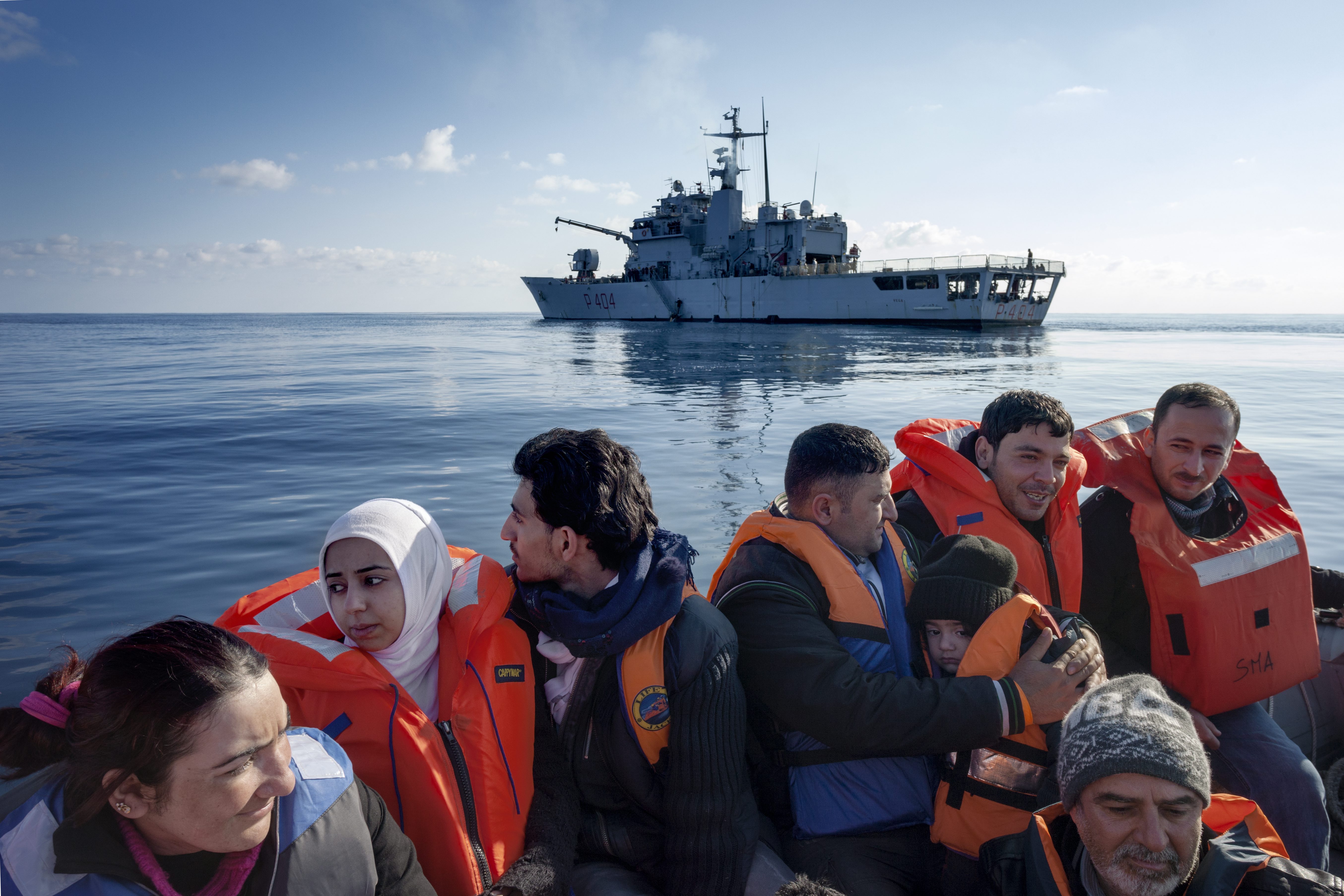A young Somali's long journey to safety in South Africa
A young Somali's long journey to safety in South Africa

JOHANNESBURG, South Africa, September 2 (UNHCR) - Earlier this year, 25-year-old Adam Osman Abdile received an ultimatum from Somalia's Al Shabaab: join the militia or die. He decided to flee to Kenya.
The journey nearly killed him, but it is one that many young men are willing to risk in Somalia and other countries in eastern Africa to escape persecution or violence. Their predicament, and that of other civilians on the move southwards from East Africa, the Horn of Africa and the Great Lakes region, will be the focus of a regional gathering in Dar Es Salaam on Monday and Tuesday.
Organized by the government of Tanzania, with support from UNHCR and the International Organization for Migration (IOM), the conference aims at reaching a fuller understanding of the nature, scale and reasons for south-bound mixed migration and to devise strategies on how to respond. Delegates from 12 countries will take part, including government officials and civil society workers.
Abdile's odyssey began in June, when he left his village in southern Somalia's Gedo region and headed towards the border with Kenya. His only luggage was a wad of cash in his pocket. He sneaked across near the Kenyan town of Mandera. That was the easy part.
During the arduous two-month journey, he spent time in prison, nearly suffocated hiding in the back of container trucks, suffered extreme hunger and thirst in the African bush and slipped past police checkpoints in his quest to find a safe haven where he could move around freely and work - South Africa.
He often needed help en route, and that's where the bundle of money proved crucial. He handed over US$500 in total to various smugglers, or "guides," as Abdile described them.
He had a narrow escape in Zambia when police stopped the lorry that he and seven other people were hiding in. Abdile and two others dashed for the trees, but the others were arrested. Abdile and his companions spent four days walking through the bush before contacting a smuggler on a borrowed cell phone.
They crossed into Zimbabwe in the back of a truck carrying construction material. The smugglers left them at a river, which they crossed by boat before being taken into South Africa near the Beitbridge customs and immigration post.
"After I crossed into South Africa, I went to immigration and was given documentation allowing me to enter the country for 14 days. I felt enormous relief," Abdile told UNHCR, adding that he planned to apply for refugee status. "Throughout my journey, people were hostile, hostile, hostile and then when I got to South Africa, they were cooperative. They treated me like a person."
A few days ago, he took a minibus from the border town of Musina to Johannesburg and soon made contact with the vibrant Somali community in the suburb of Mayfair. Some of the residents have lived there for years and have permanent residence status or South African citizenship.
When new migrants arrive by minibus from the border, local Somali businessmen pay the fare as a welcoming gesture. "We have to, they are our brothers. They have suffered a lot," one Somali said, after Abdile's fare was paid.
Growing numbers of people, like Abdile, are travelling from their home countries to southern Africa, seeking to escape violence, persecution, drought or poverty, or, a combination of them all. The humanitarian crisis in Somalia, which has displaced hundreds of thousands of people this year, accounts for much of the movement in the region.
Meanwhile, refugees and migrants increasingly travel together, using the same routes and employing the same smugglers, making it difficult for governments to identify those who are in need of international protection. Increased security concerns also make the control of borders an urgent priority for most countries. Ensuring that these individuals receive the assistance that they need remains a significant challenge.
Abdile, who often thinks of his family back home, said his journey to safety had been emotional and scary. "We are not fleeing because of choice, but because of persecution. We are afraid in Somalia. Some of the people I was travelling with did not make it. They were imprisoned or died from hunger, or suffocation."
He also had a message for those taking part in next week's meeting in Dar Es Salaam. "All I am asking is please don't treat us so harshly. If a country cannot help us, then at least let us have safe passage through their territory."
By Tina Ghelli in Johannesburg, South Africa






